The LPR Corrosion Monitoring probe is a sophisticated device designed to measure corrosion rates directly and in real time, using electrochemical techniques. This advanced tool is essential for environments where corrosion potential exists within electrolytically conducting liquids. The LPR corrosion probe excels in its rapid response time and the high quality of data it provides, making it an invaluable resource in various industrial applications.
Metal Material : 316、L DUPLEX SS
Sealing Material : Teflon/ Fluororubber
Working Temperature : -20~200℃
Working Pressure : 0~26MPa
Access Fitting Body and Protective Cover :
Size of Flange : ANSI 2″ RF (or RJ)
Material : CS 、316L、 DUPLEX SS
Working Pressure : 0~26MPa
Working Temperature : -20~200℃
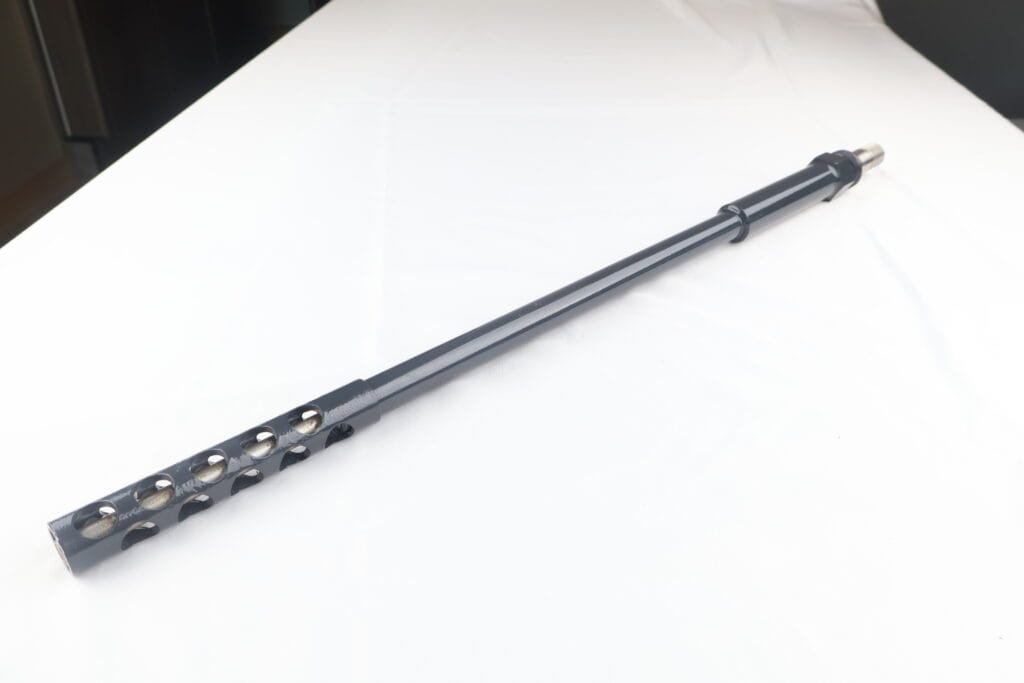
1. Functionality and Applications of the LPR Corrosion Probe
Detailed Functionality
The LPR corrosion probe measures the polarization resistance of metals or alloys, which serves as a direct indicator of corrosion rates in an electrolytic environment. This measurement is achieved through the setup of a metal or alloy electrode that, upon immersion in a conducting liquid, actively participates in electrochemical reactions. The electrode surfaces develop anodic areas where metal ions are released into the solution, leaving behind electrons that migrate to cathodic areas. At these cathodic sites, the electrons are consumed by oxidizing agents in the liquid. The balance between these reactions influences the polarization resistance, which the LPR probe measures to determine the corrosion rate.
This dynamic process allows the LPR corrosion probe to detect minute changes in the electrochemical properties of the environment, providing an immediate quantification of corrosion rates. Finely tuning the probe’s sensors can capture this data. Which is then processed to give a clear, real-time picture of the ongoing corrosion dynamics.
Applications
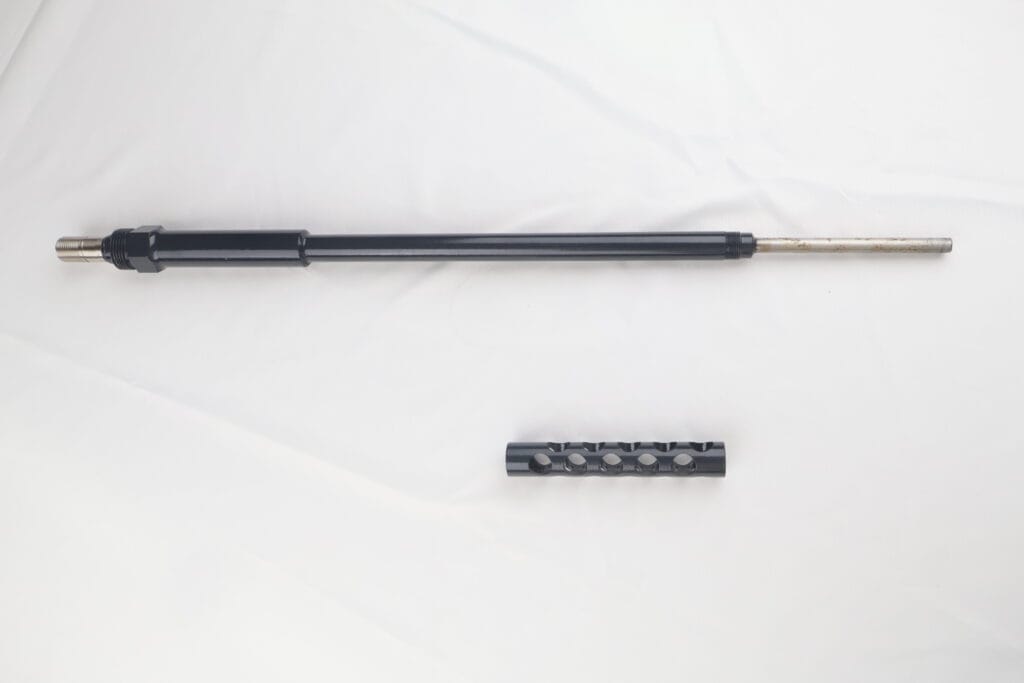
The versatility of the LPR corrosion probe makes it suitable for a variety of industrial applications where monitoring of corrosion rates is critical:
- Cooling Water Systems. In cooling systems, the probe helps maintain the integrity of the metal components against corrosive elements present in the circulated water. By monitoring corrosion rates, maintenance can be scheduled before severe damage occurs, ensuring system efficiency and longevity.
- Potable Water Treatment. For potable water, it is critical to prevent corrosion that could lead to metal leaching into the water supply. The LPR corrosion probe aids in adjusting water chemistry to minimize corrosion rates, thus ensuring the safety and cleanliness of drinking water.
- Wastewater Treatment Systems. These systems often deal with varying and aggressive chemical environments that can accelerate corrosion. It provides essential data to manage and mitigate corrosion, helping to maintain the infrastructure necessary for effective wastewater treatment.
- Hydrocarbon Production. In the production of hydrocarbons, especially where free water is present. The probe monitors the integrity of storage and transportation pipelines. Corrosion can lead to leaks or failures, so proactive monitoring with an LPR probe is crucial for safe operations.
2. Benefits of Using LPR Corrosion Probes
Enhanced Equipment Reliability and Longevity
The LPR corrosion probe is instrumental in boosting the reliability and extending the lifespan of critical plant equipment. By providing real-time measurements of corrosion rates, these probes allow operators to monitor the health of their systems continuously. This continuous monitoring capability is crucial; it enables the detection of even slight deviations from expected corrosion rates swiftly. Early detection is key to mitigating corrosion-related damage before it can escalate into major failures. It can also reduce the need for emergency repairs and extensive maintenance. As a result, equipment reliability is enhanced, and its operational lifespan is significantly extended.
Preventive Maintenance and Cost Savings
Implementing LPR corrosion probes in a maintenance strategy shifts the approach from reactive to proactive. By understanding corrosion trends and patterns through ongoing measurements, maintenance can be scheduled based on actual condition data rather than on fixed intervals or worst-case scenarios. This condition-based maintenance approach prevents the wastage of resources on unnecessary checks and allows for the optimization of maintenance schedules, leading to considerable cost savings over time. Moreover, avoiding unexpected equipment failures and the subsequent downtime not only saves direct repair costs but also minimizes production losses, enhancing overall operational efficiency.
Historical Data for Improved Decision Making
Over thirty years of field use has proven it to be a robust tool for a variety of industrial applications. The ability of these probes to store and analyze historical corrosion data is invaluable. This historical data provides insights into long-term corrosion trends, helping engineers and maintenance teams to refine their predictive maintenance strategies and corrosion control methods. By analyzing past data, facilities can optimize their operational parameters to better control and reduce corrosion rates, ultimately leading to more informed decision-making and improved system management.
Versatility Across Industries
The LPR corrosion probe is particularly valuable in industries that involve water-based solutions. Such as in cooling towers, boilers, and water treatment plants. Where the potential for corrosion is high. Its versatility also extends to industries like oil and gas, pulp and paper, and chemical manufacturing,. Where it helps maintain the integrity of storage tanks, pipelines, and process vessels. So in these environments, the probe’s ability to function effectively under various corrosive conditions makes it an essential tool for ensuring safety, compliance, and environmental protection.


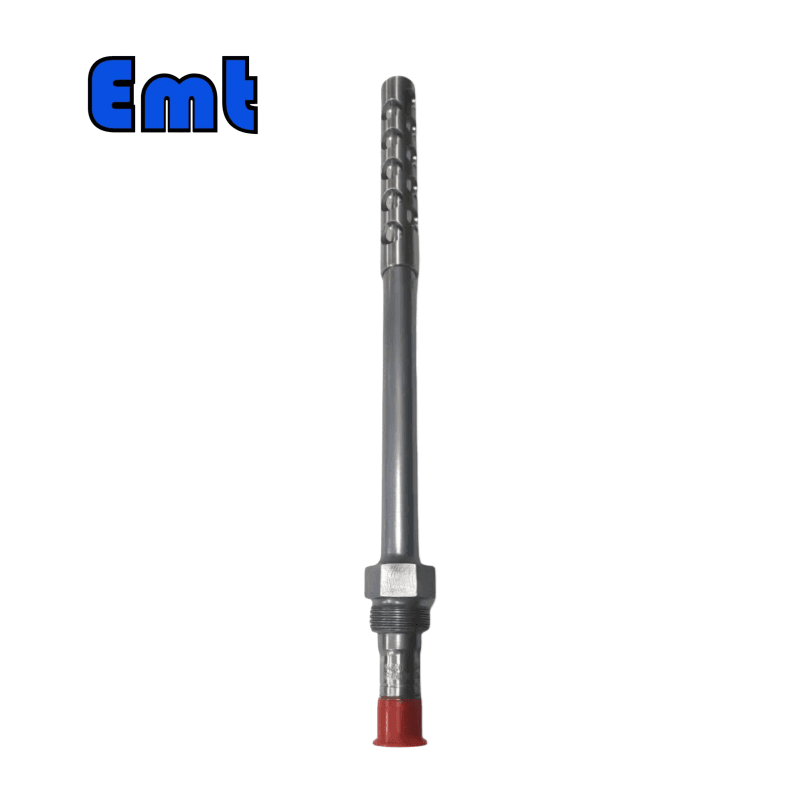
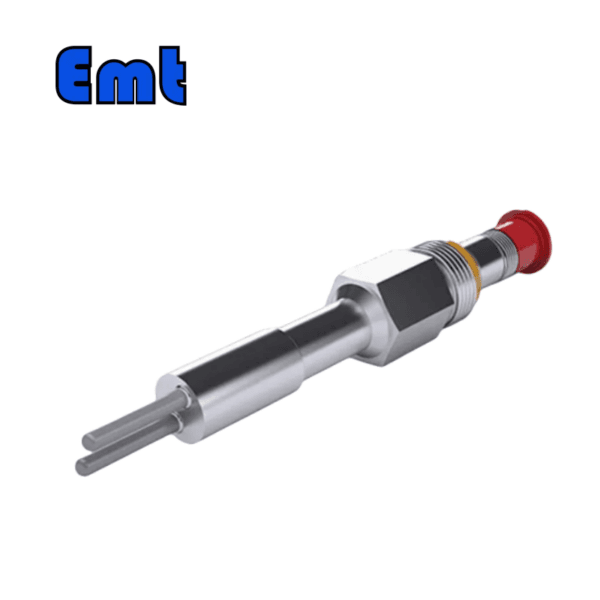
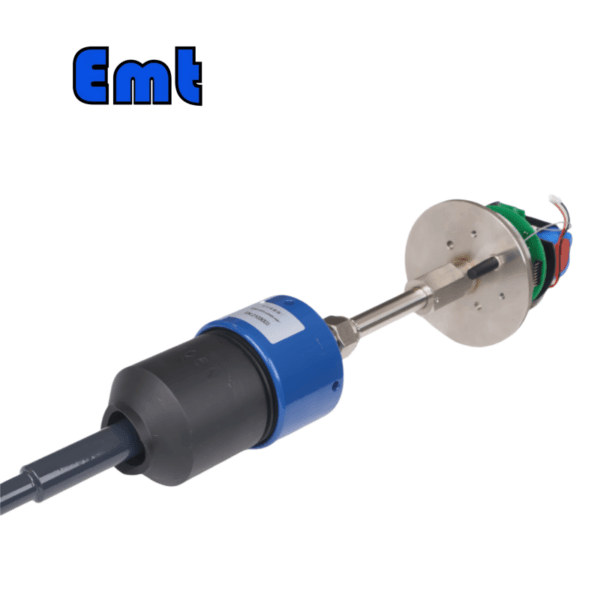
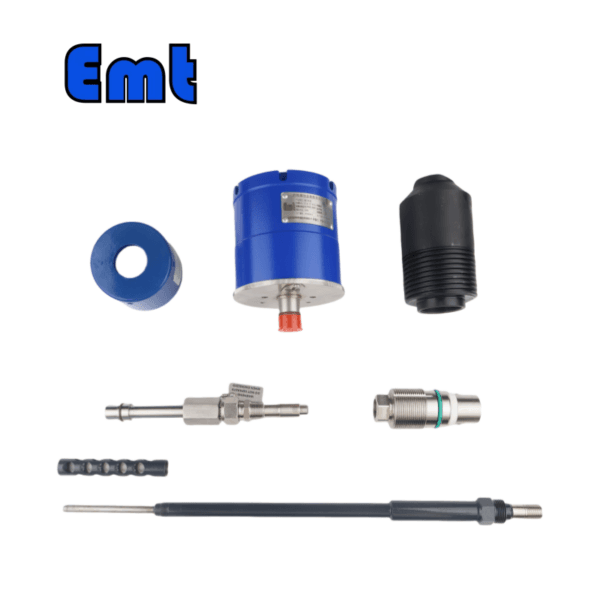
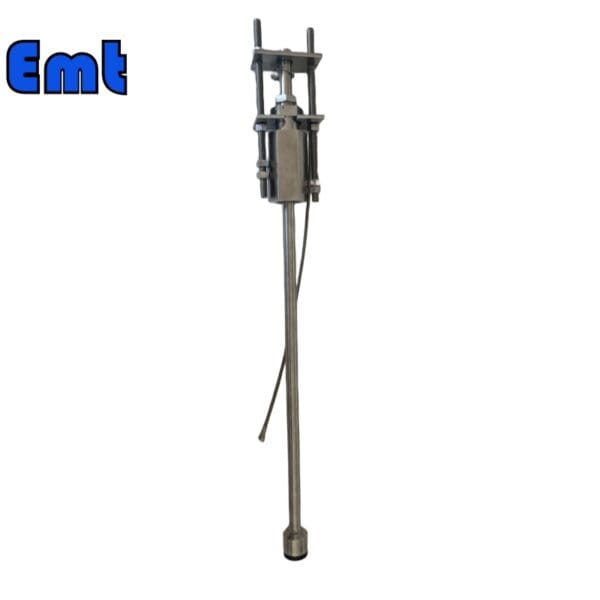
There are no reviews yet.